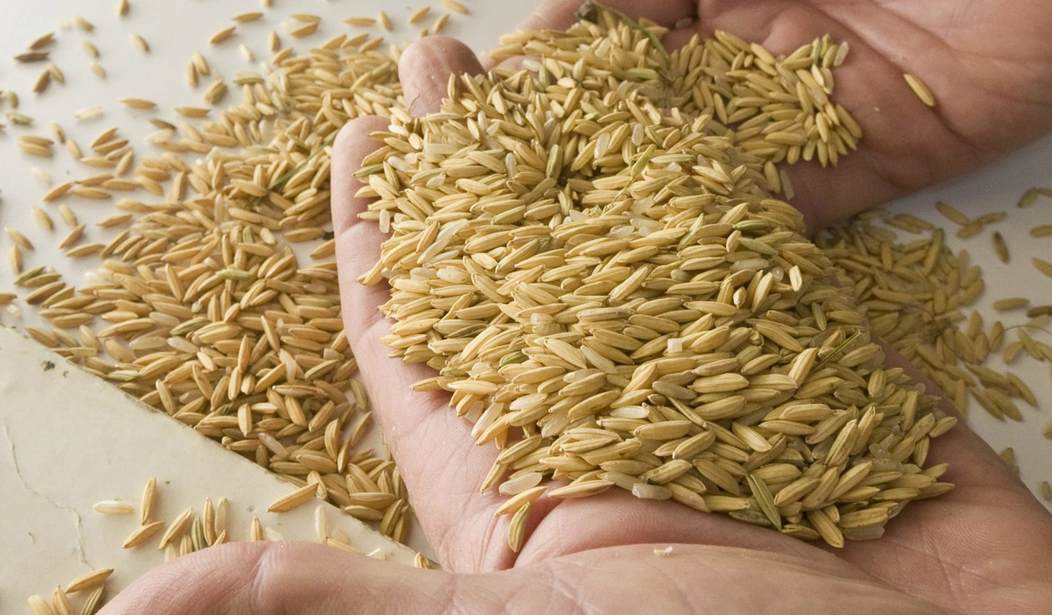WASHINGTON — A Chinese scientist who was working at a Kansas biopharmaceutical research facility will spend more than 10 years in federal prison for swiping a variety of genetically engineered rice seeds.
Weiqiang Zhang, 51, a Chinese national and U.S. legal permanent resident residing in Manhattan, Kansas, was convicted on Feb. 15, 2017, of one count of conspiracy to steal trade secrets, one count of conspiracy to commit interstate transportation of stolen property and one count of interstate transportation of stolen property.
Zhang worked at Ventria Bioscience in Junction City, Kansas, with a master’s degree in agriculture from Shengyang Agricultural University in China and a doctorate from Louisiana State University.
He stashed “hundreds” of genetically engineered rice samples at his home, the Justice Department said, which had a “wide variety of health research applications and were developed to produce either human serum albumin, contained in blood, or lactoferrin, an iron-binding protein found, for example, in human milk.”
“Ventria spent millions of dollars and years of research developing its seeds and cost-effective methods to extract the proteins, which are used to develop lifesaving products for global markets,” DOJ added. “Ventria used locked doors with magnetic card readers to restrict access to the temperature-controlled environment where the seeds were stored and processed.”
In summer 2013, officials from a crop research institute in China visited Zhang and he took them on a tour of research facilities in Iowa, Missouri and Ohio. Customs and Border Protection agents discovered seeds from Ventria in the Chinese officials’ luggage as they tried to fly back to Asia.
Zhang worked in concert with Wengui Yan, 61, of Stuttgart, Ark., a geneticist for the U.S. Department of Agriculture at the Dale Bumpers National Research Center who pleaded guilty in October 2016 to lying about his knowledge of the plan to steal and smuggle rice seeds. When the Chinese delegation came to Stuttgart, “Yan traveled with them to a rice farm where he knew they would have an opportunity to steal seeds,” the Justice Department said.
“Cross-border intellectual property theft not only hurts victim companies, it also threatens our national security,” said Assistant Attorney General John C. Demers of the Justice Department’s National Security Division.









Join the conversation as a VIP Member